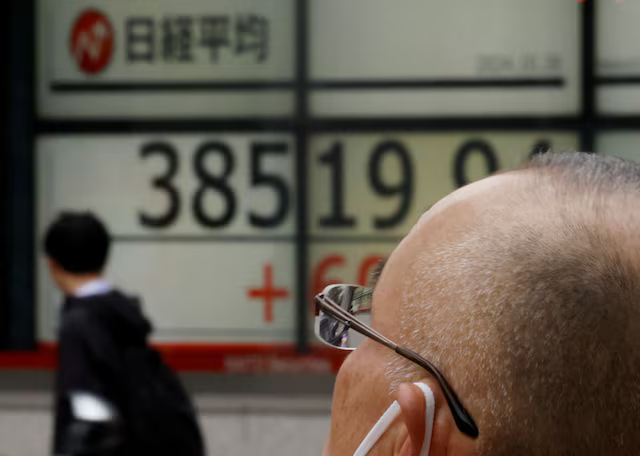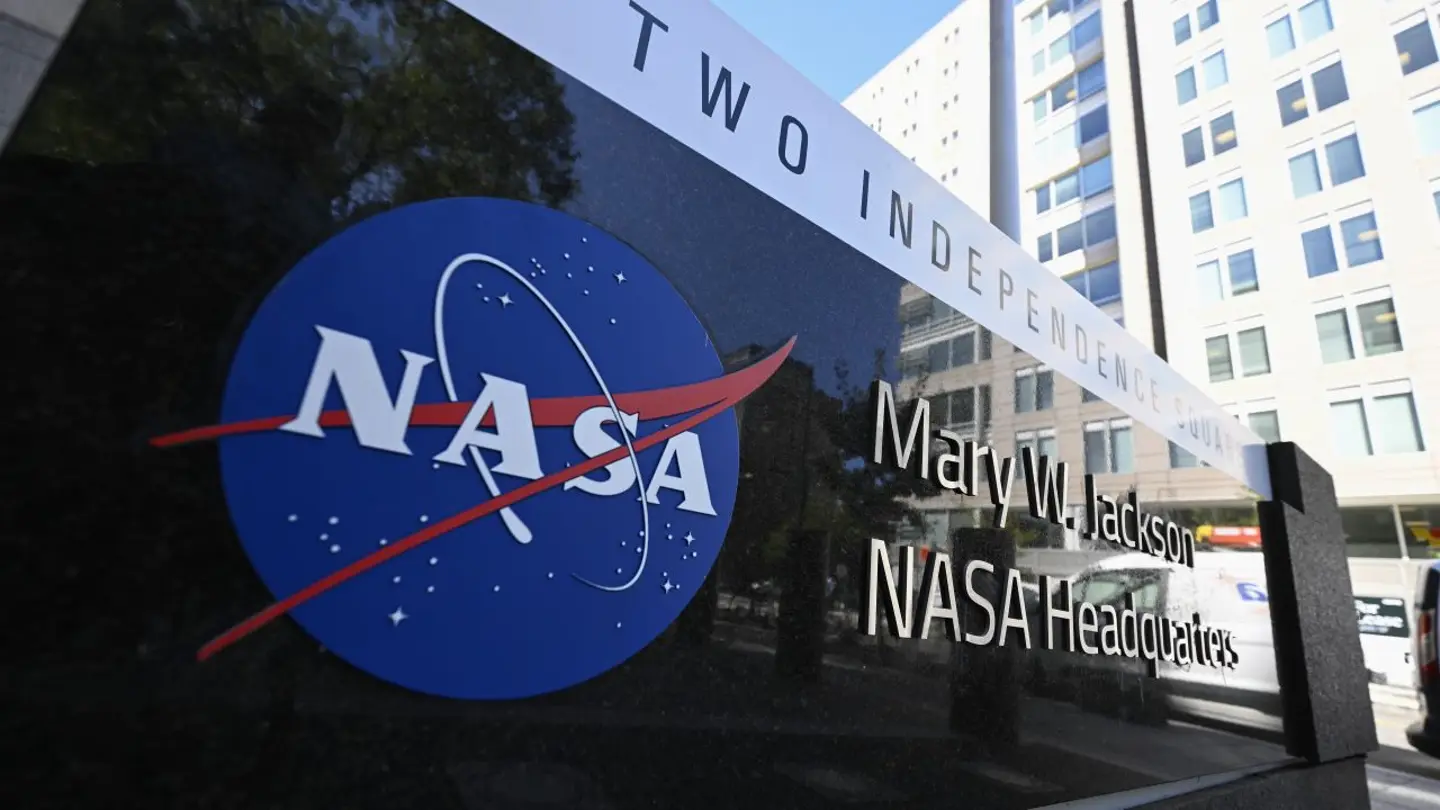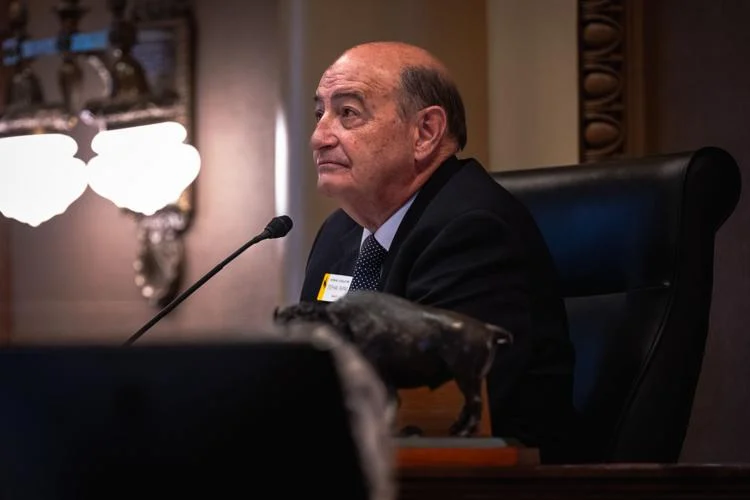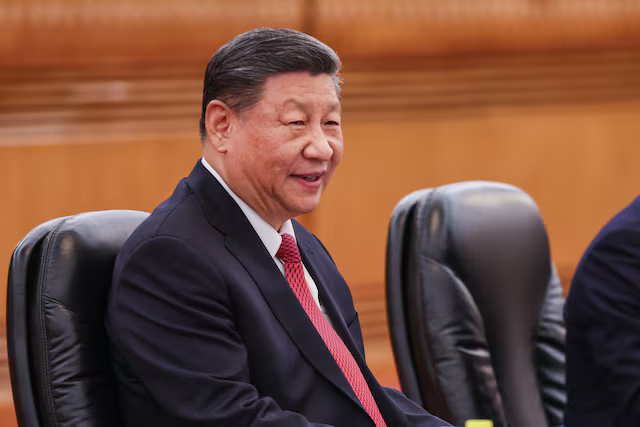Leading Chinese business executives, including top figures from BYD and Xiaomi, have reaffirmed their commitment to innovation and resilience in the face of external challenges after meeting with President Xi Jinping.
The gathering, held on Monday, marked a rare dialogue between the Chinese leader and the private sector, aimed at bolstering business confidence amid economic headwinds and geopolitical tensions.
The meeting brought together executives from some of China’s most influential companies, including Huawei, BYD, Xiaomi, and emerging startups like Unitree and DeepSeek. Analysts noted that the selection of attendees signaled Beijing’s strategic focus on strengthening technological and supply-chain security, particularly in response to restrictions imposed by the United States.
State media coverage of the meeting has been tightly controlled, with reports emphasizing Xi’s call for private firms to play a greater role in China’s economic future. However, some executives, including Xiaomi CEO Lei Jun and BYD Chairman Wang Chuanfu, expressed optimism after the discussions.
“Chinese enterprises form an ecosystem, and we become more united when we face external pressure,” Lei said in an interview with Yuyuan Tantian, a social media outlet affiliated with state broadcaster CCTV.
He emphasized the importance of expanding the global presence of Chinese products.
Wang Chuanfu, whose company has been affected by European tariffs and US trade restrictions, highlighted China’s advantage in the electric vehicle sector, asserting that the industry is “three to five years ahead” of competitors.
“Quality products will succeed on their own merit despite protectionist measures,” he stated, as quoted by Xinhua.
The symposium was widely interpreted as a step toward rekindling ties between the Chinese government and the private sector, a relationship that had been strained in recent years due to regulatory crackdowns on technology firms. Some analysts viewed the meeting as a “symbolic” conclusion to Beijing’s regulatory tightening, even if official policies had already begun shifting.
High-profile figures in attendance included Huawei founder Ren Zhengfei, Tencent CEO Pony Ma, CATL’s Robin Zeng, and Meituan CEO Wang Xing. Notably absent from reports was Alibaba co-founder Jack Ma, who has largely stayed out of the public eye since the Chinese government halted the IPO of Ant Group in 2020.
China’s top financial regulator also reinforced support for private enterprises following the meeting. The National Financial Regulatory Administration pledged to maintain stable credit supply and enhance loan support for private businesses, particularly in the real estate sector.
The meeting took place amid growing economic uncertainty in China, where domestic consumption remains sluggish and property sector instability continues to weigh on growth. Meanwhile, trade tensions with the United States have intensified, with former US President Donald Trump threatening additional tariffs on Chinese goods.
Investment banks reacted positively to the meeting, with Chinese stocks—particularly in the tech sector—rising on Wednesday. The Hang Seng Tech Index, which tracks Chinese technology firms, has surged 28% since the start of the year, while individual companies like Xiaomi and BYD have seen even greater gains.
Xi struck a confident tone in his remarks, stating that China’s challenges were “partial rather than general, temporary rather than long-term, and surmountable rather than unsolvable.”








